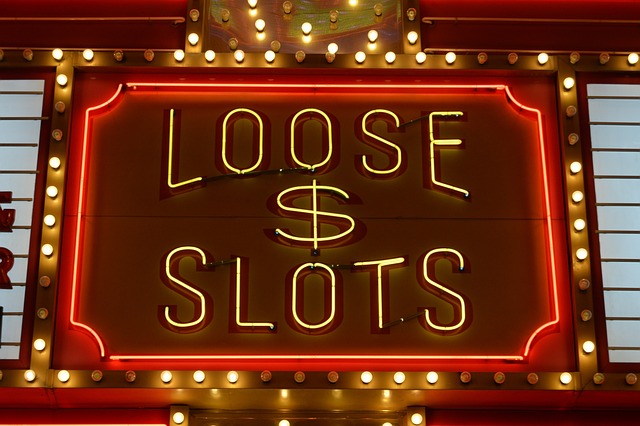One of the most important steps for maintaining control while gambling—whether online or in a land-based casino—is setting a realistic budget. A gambling budget helps you enjoy your gaming experience responsibly without risking money you can’t afford to lose. Many players overlook this step and end up chasing losses, overspending, or making emotionally charged decisions. Learning how to set a budget and stick to it is essential for long-term enjoyment and responsible gambling. With the right plan, you can minimize regret and maximize entertainment.
Determine What You Can Afford to Lose
The foundation of a solid gambling budget is understanding what amount you can afford to lose without affecting your daily life or financial responsibilities. Gambling should always be treated as entertainment, not an investment or a side income.
Start by reviewing your monthly income and essential expenses—such as rent, bills, groceries, savings, and debts. Only after those are accounted for should you allocate money to gambling. This amount should be disposable income, meaning money you could spend on hobbies, dining out, or other leisure activities. Once this limit is set, treat it as non-negotiable. Never dip into rent money or emergency savings, even if you’re on a losing streak or feel close to a win.
Divide Your Budget Into Sessions

Once you’ve defined your overall gambling budget, break it down into daily or weekly sessions. For example, if you’ve allocated €400 for the month, that could mean four €100 sessions or eight €50 sessions. Dividing your bankroll helps ensure you don’t blow through your entire budget in a single sitting.
Session budgeting also supports more consistent play, giving you the freedom to enjoy gambling over time rather than all at once. Once a session’s budget is gone—stop. Win or lose, ending the session at the limit you set is key to staying disciplined. Some online platforms offer built-in tools that allow you to set deposit or loss limits, which can help enforce this strategy.
Use Tools and Limits Offered by Casinos
Many licensed online casinos provide responsible gambling tools to help users stick to their limits. These tools may include deposit caps, wagering limits, session time alerts, and self-exclusion options. If you struggle to control your spending manually, take advantage of these built-in features.
You can usually find them under the site’s “responsible gaming” section. Setting a weekly deposit limit or activating cool-off periods after each session can help prevent impulsive spending. Some platforms even allow players to view a history of their deposits and play time, which can be a helpful reminder if you’re tempted to exceed your budget. Using these tools not only promotes safer gambling but also protects your long-term enjoyment.
Avoid Chasing Losses and Emotional Betting

A common trap many players fall into is chasing losses—increasing bets or continuing to play in hopes of recovering money that’s already been lost. This behavior often leads to emotional decision-making, which can escalate quickly and devastate your budget.
Recognize that every spin, hand, or roll is random, and previous losses have no bearing on future outcomes. Once your session budget is gone, walk away. Equally dangerous is emotional betting during a win streak, where the thrill of success causes players to bet more recklessly than planned. Stick to your predetermined bet sizes and session limits, regardless of how well or poorly things are going. Consistency is what keeps gambling fun, not unpredictable swings.
Track Your Gambling Over Time
Keeping a simple gambling journal or using budget tracking apps can give you valuable insights into your gambling habits. Record how much you spend, win, and lose each session. Over time, this log will help you identify patterns, such as how emotions affect your decisions or which games drain your bankroll faster.
By having a clear record of your gambling behavior, it becomes easier to adjust your strategy and stay within limits. It also makes it more obvious when habits are shifting toward problematic behavior. Budget tracking builds awareness and encourages a healthier relationship with gambling—one that prioritizes enjoyment over risk.
